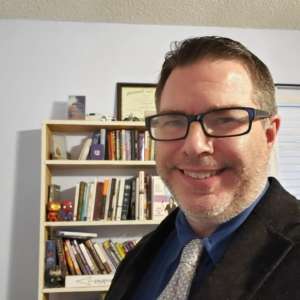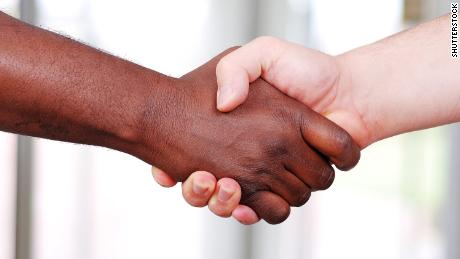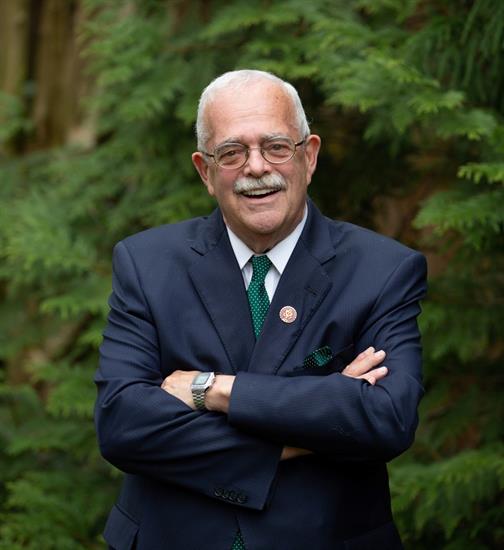Where Do We Go From Here?
Earlier this week I had the opportunity to host a forum with several leaders in the black and brown communities about what has led to the division in this country, as well as the resulting protests. It was an incredible two nights of open discussion as to what the community can and should do going forward. As anger over injustice turns to action, I wanted to talk with a group of people whose voices are often perceived as silent during these times: white pastors.
Today I contacted someone I’ve known for over 30 years to discuss the current climate from his point of view and what can be done. I spoke to my good friend Jimmy Proulx, who is a pastor in Warner Robins, Georgia, about the recent protests.

He began our conversation by addressing one of the biggest problems happening in the church when it comes to these issues. “A lot of churches focus on color. The problem I have is that if you are a Christian then that should transcend color, educational and socio-economical background. They’re not talking about how people are all made in the image of God first. If they belong to Jesus, technically this argument should not exist.”
“The issues that the church never addressed are coming to light, and race is one of them.”
As the conversation continued, we began talking about how the tragic murders of black people has created an overall sense of mistrust when it comes to law enforcement. He said in response, “While it’s asinine to think we can trust everyone, if we’re skeptical of everyone, it’s not the way to live. The Bible teaches us to be harmless as doves, but wise as serpents, which means we need to watch the traps but not lash out in violence.”
I asked him if he felt that the laws being changed would prevent another murder of an Ahmaud Aubrey, Breonna Taylor or George Floyd. He said that while it would from a legislative standpoint, that as people we have to go further.
“Morality cannot be strictly a legislative issue. It would help, absolutely, but the real problem is that it’s a heart issue. Justice cannot come until there is a change of the heart, and that comes from repentance, from the church to the government. If we want to heal race relations around the world, the church has to stop being so divided over color, and society in general needs to change the way they view one another.”
Once our conversation came to a close, he brought up a lot of interesting points that need to be discussed going forward. It’s not just a uniquely American issue, and until we all begin to search our hearts and determine why these attitudes remain, programs and laws alone will not heal the wounds of racism or hate.



